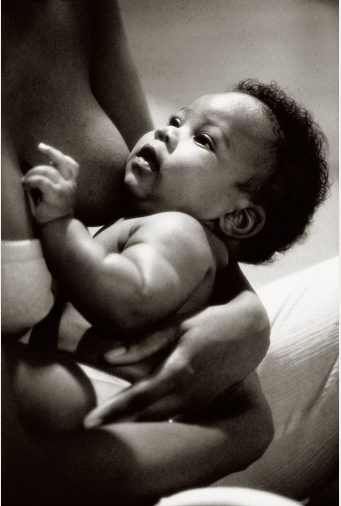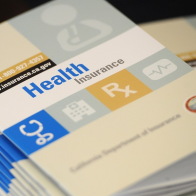 Black women are falling victim to aggressive forms of breast cancer at a disproportionally high rate. According to a 2010 report published by The U.S. Centers from Disease Control and Prevention, black women have the second highest rate of getting breast cancer, even though they only represent 15% of total American female population. Even more alarming, black women lead the nation in breast cancer deaths, which doesn’t count afro-Hispanics who may increase the death rate but do not self-identify as black.
Black women are falling victim to aggressive forms of breast cancer at a disproportionally high rate. According to a 2010 report published by The U.S. Centers from Disease Control and Prevention, black women have the second highest rate of getting breast cancer, even though they only represent 15% of total American female population. Even more alarming, black women lead the nation in breast cancer deaths, which doesn’t count afro-Hispanics who may increase the death rate but do not self-identify as black.
Researchers from Boston University School of Public Health are claiming that giving birth to two or more children is linked to estrogen and progesterone receptor negative cancers in women who didn’t breastfeed.
According to the UPI, lead author Julie Palmer, a senior epidemiologist at the Slone Epidemiology Center said the findings are based on the ongoing Black Women’s Health Study, which tracked 59,000 African-American women since 1995.
In 14 years of follow-up, 318 women developed breast cancers negative for estrogen and progesterone receptors, while 457 developed breast cancers with positive estrogen and progesterone receptors, Palmer said.
The study, published in the Journal Cancer Epidemiology, Biomarkers & Prevention, found giving birth to two or more children was associated with a 50 percent increase in the incidence of negative for estrogen and progesterone receptors breast cancer, but the association was not present among women who breastfed.
“Our results, taken together with recent results from studies of triple negative and basal-like breast cancer, suggest that breastfeeding can reduce risk of developing the aggressive, difficult-to-treat breast cancers that disproportionately affect African- American women,” Palmer said.
The World Heath Organization suggests women exclusively breastfeed for 6 months, as it studies conclude it’s the optimal way of feeding infants. Thereafter infants should receive complementary foods with continued breastfeeding up to 2 years of age or beyond.
Breast milk is the natural first food for babies, it provides all the energy and nutrients that the infant needs for the first months of life, and it continues to provide up to half or more of a child’s nutritional needs during the second half of the first year, and up to one-third during the second year of life.







This is just one of the many reasons why it is best to EXCLUSIVELY breast feed your child. I tire of the ignorance I see and hear in regards to breastfeeding in the black community. So many young mothers are being taught that as soon as you birth your baby you are suppose to push a synthetic nipple in their mouth. Breastfeeding is simple, easy and free! What more motivation do people need than that. My daughter is 11mos and will continue nursing in combination with a balanced vegetarian diet until she self weans. Women in general need the support of their environment ie partner, family and friends to enable them to nurse as it unfortunately is not the status quo.